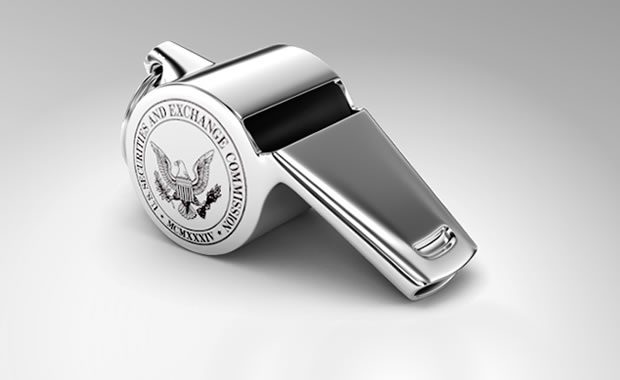The U. S. Securities and Exchange Commission (SEC) Whistleblower Program is undeniably effective and lucrative, but recent criticisms from two SEC Commissioners over the lack of transparency in awards raise significant concerns. With nearly $2 billion already paid out, it’s time for the SEC to address these transparency challenges to ensure that the program maintains its integrity.
Key Points:
- SEC Whistleblower Program has awarded nearly $2 billion since 2011.
- Recent $122 million awards were criticized for their lack of transparency. Two SEC Commissioners have raised concerns over excessive redactions and lack of transparency.
- Legal specialization in whistleblower cases is on the rise, creating lucrative opportunities.
Short Narrative:
The SEC Whistleblower Program, launched in 2011, has evolved into a pivotal tool for exposing securities law violations. To date, the program has paid out nearly $2 billion in awards, drawing widespread attention from whistleblowers and lawyers alike.
Yet, with the program’s growth comes recurring criticism over its lack of transparency, particularly regarding how awards are determined. On September 19, 2024, SEC Commissioners Hester M. Peirce and Mark T. Uyeda publicly criticized the excessive redactions in two large award determinations, highlighting the difficulty in scrutinizing the rationale behind such high payouts. This criticism is not new, but it underscores a growing concern about the balance between confidentiality and transparency in the award process.
Actionable Insight:
The SEC must address these transparency concerns before they erode public trust in the whistleblower program. Clear guidelines on how and why awards are determined are crucial for maintaining integrity. Moreover, the program should not become solely a billion-dollar business benefiting lawyers and whistleblowers without appropriate oversight.
Compliance Insight:
Whistleblower programs, particularly those as large as the SEC’s, need to strike a delicate balance between protecting whistleblowers and ensuring transparency. Without clarity on why certain awards are granted and in what amounts, the program risks manipulation and misaligned incentives. As whistleblower programs continue to expand, this transparency will become even more critical for public trust and accountability.
In the US, law firms specialize in SEC whistleblower cases. The existence of these specialized firms and the large awards mentioned suggest that this has become a significant area of legal practice. Networks have already formed around the whistleblower program with these specialized law firms, and former SEC executives have also joined these law firms.
Call for Information:
If you have information about financial wrongdoing or information about specific awards of whistleblower prizes, please share it with us through the Whistleblower Program, Whistle42.





